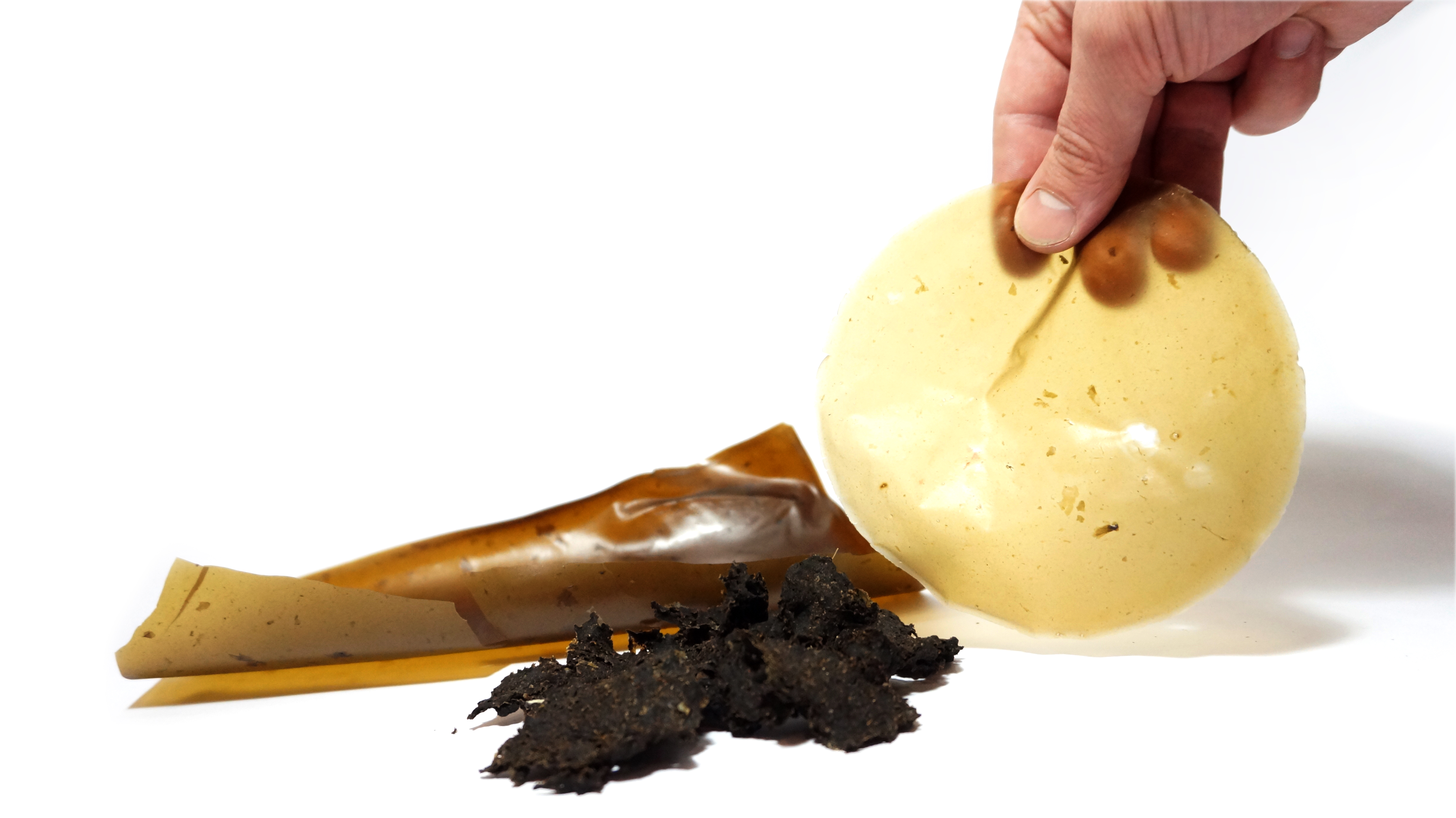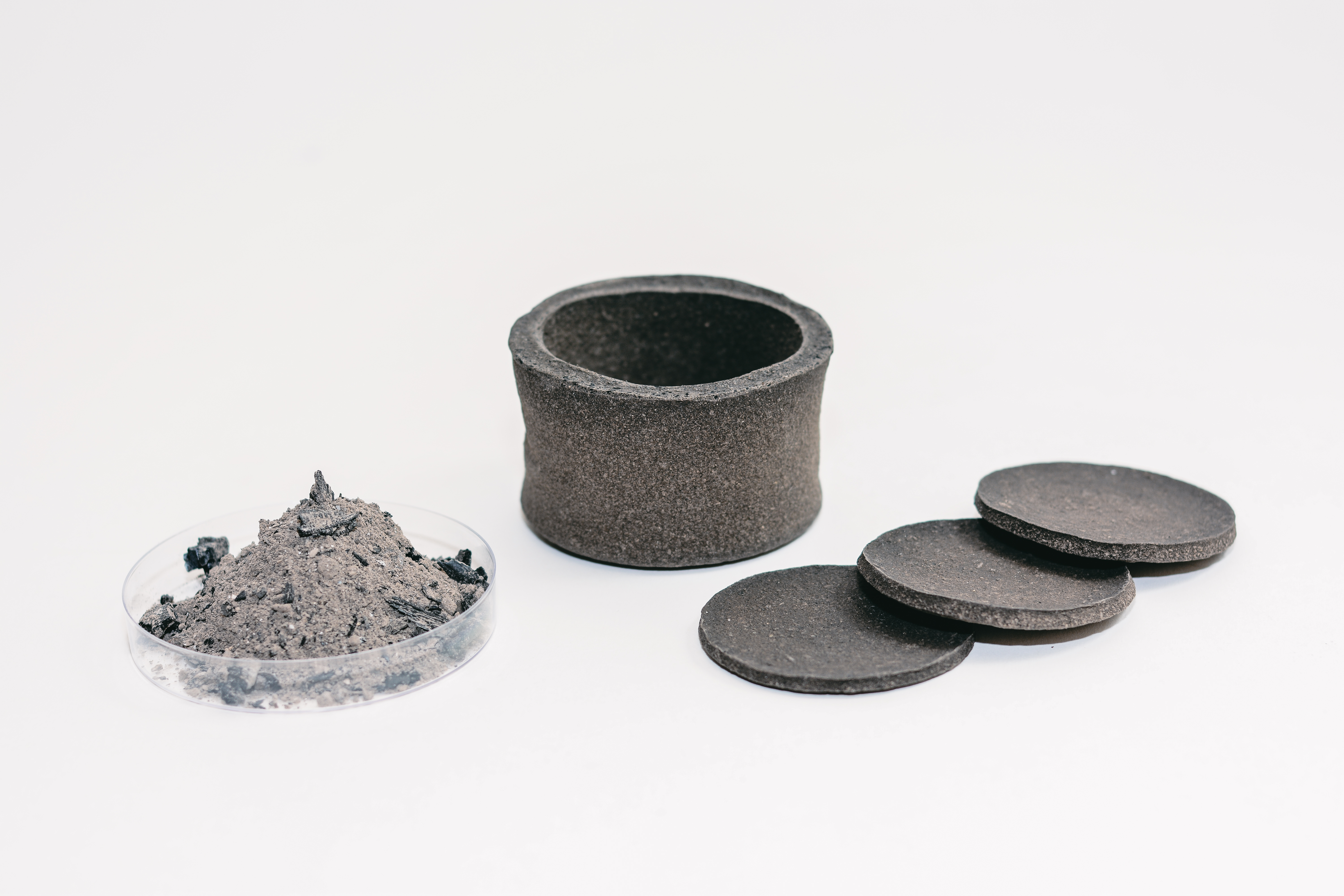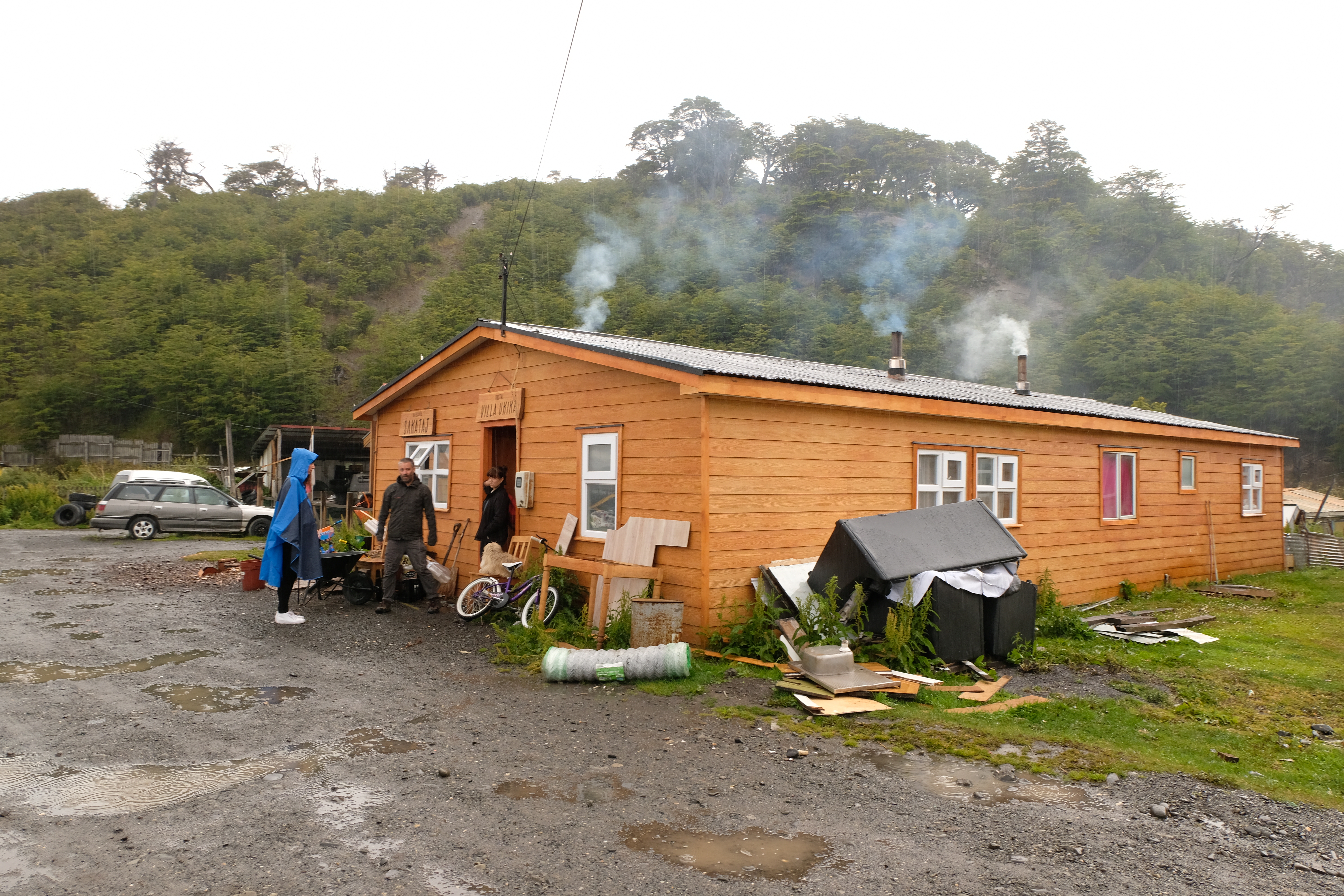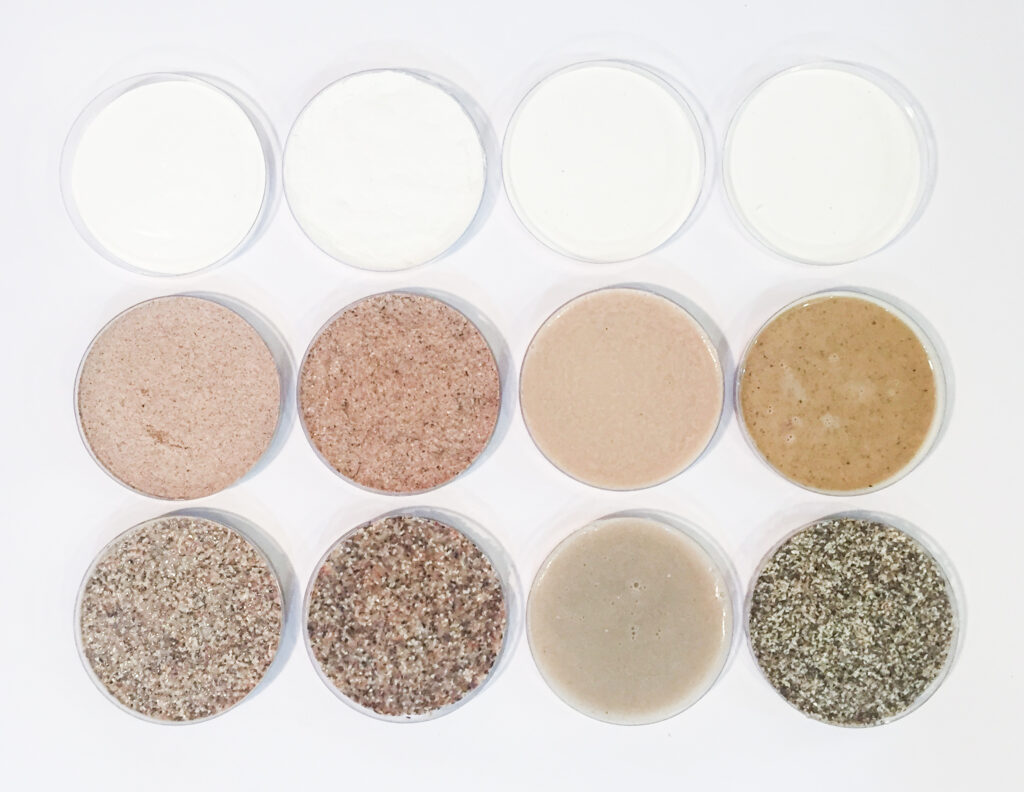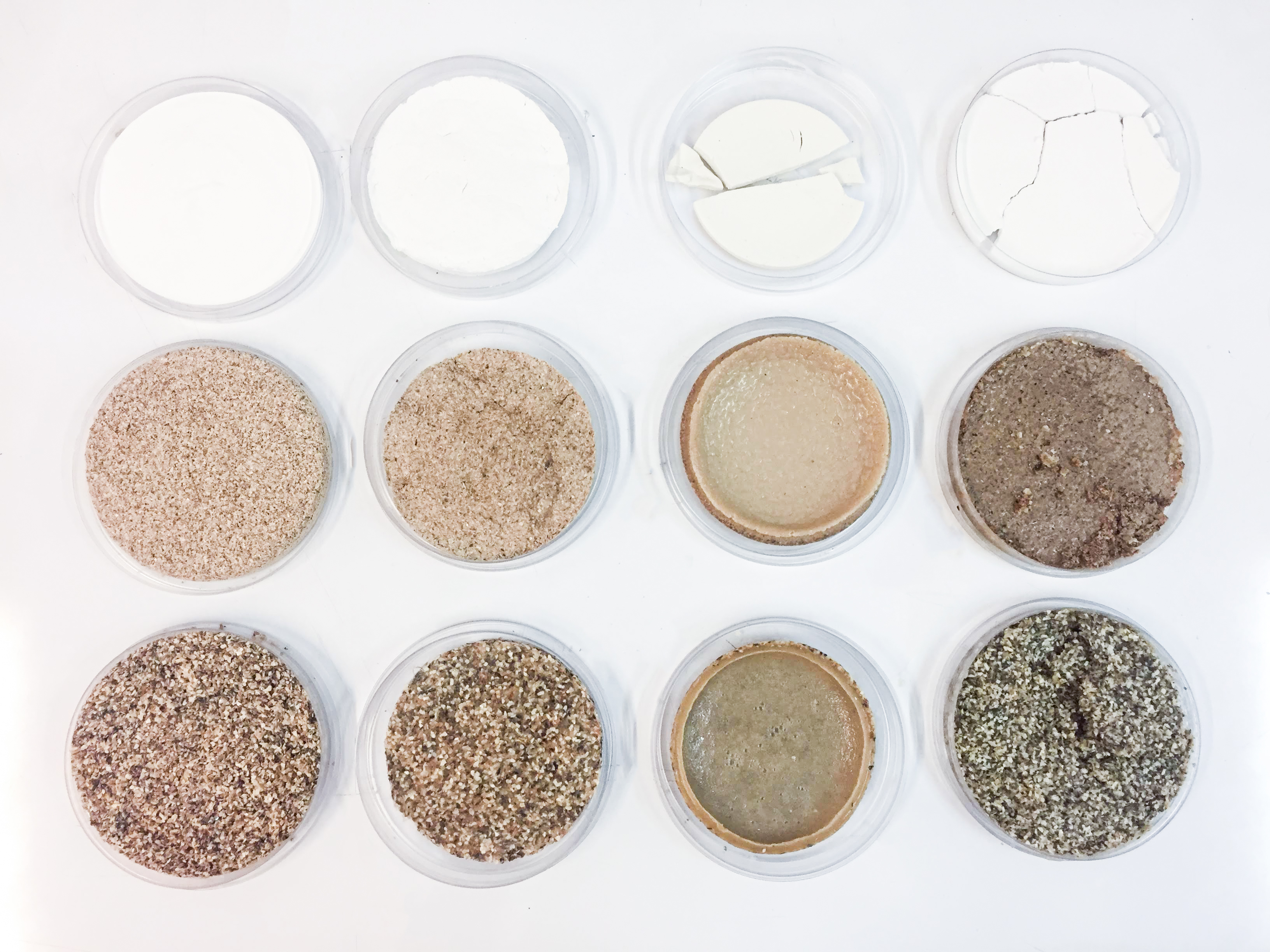This work highlights some important points in the bio & eco-manufacturing approach by investigating the use of materials in one of the most southern place on the planet.

Year: 2020
Role: Author
Team: Carolina Pacheco, Adriana Cabrera, Alejandro Weiss, María José Besoaín
Revista DeArq, 26, School of Architecture and Design. University of los Andes, Colombia. https://doi.org/10.18389/dearq26.2020.12
The exploration of materiality is of fundamental importance for the processes of architecture and design. Due to the rapid development of digital manufacturing, prototyping processes today have made customized systems accessible to all audiences. However, not all parts of the planet have access to these technologies and standardized materials that are required by today’s industrial machinery and standards. Therefore, creating bio-manufacturing practices, for which local self-sufficiency and the use of local materials, is essential to create circular models. This fact underlines the importance of experimental materials research that connects exploring territories of all kinds of environments with self-understanding and responsible use of technologies in sensitive territories. In turn, this allows the self-sufficient emerging manufacturers to develop in extreme territories.
This work highlights some important points in the bio & eco-manufacturing approach by investigating the use of materials in one of the most southern place on the planet, Puerto Willams, Chile. The planning procedure was developed as a first approach to the territory as was the development of the samples of biocomposites and potential materials to work with in this area. As a result of our experience, this paper discusses both the technological aspects of bio-manufacturing and the social and ecological considerations involved. It also integrates cooperation within an interdisciplinary group of networked laboratories interested in disseminating and contributing to the bio-fabrication design movement in Chile.
Keywords: Bio-fabrication, biomaterials, self-sufficiency, remote territories, open source
